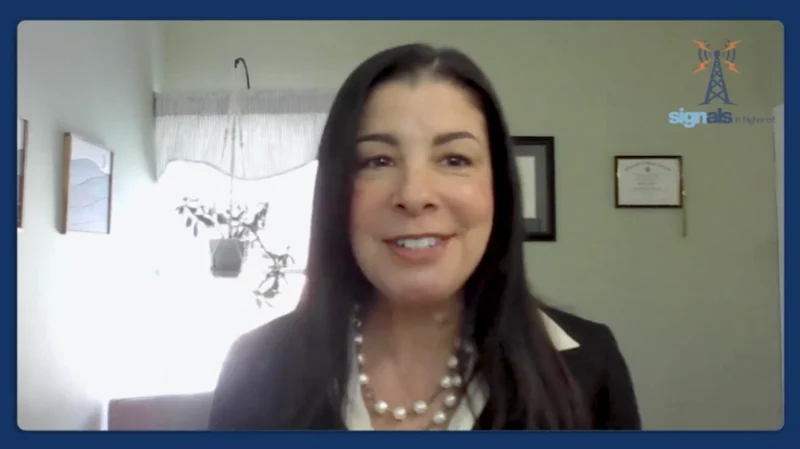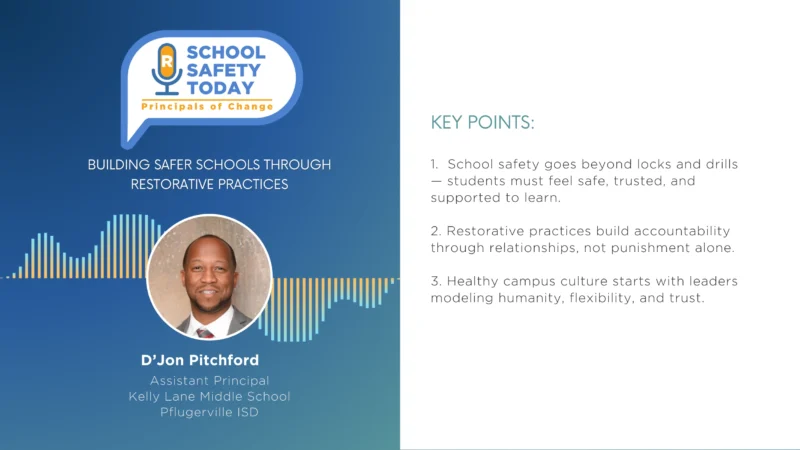Arming Teachers: Navigating the Threats and Disadvantages
In this no-nonsense segment of SecurED, host Mike Matranga engages in a frank conversation with Joe Morris, Owner of Condition 1 Combat Center. The discussion delves into a stark reality often overlooked: the fallacy that only a select few are capable of disarming individuals. Joe and the hosts dissect this notion, exploring the need for rigorous training, especially in the context of teachers carrying firearms.
Key insights include:
- Demystifying the Myth: The conversation starts by challenging the myth that only highly trained individuals can disarm someone. Joe highlights that many have the capability and intention, which makes proper training essential.
- The Weapons Retention Class: Joe shares his experience conducting a weapons retention class, revealing how it successfully altered participants’ perceptions about the ease of retaining a weapon during an altercation.
- The Case for Comprehensive Training: The hosts and Joe emphasize that arming teachers, although a viable solution in some cases, requires substantial and ongoing training. It’s not merely about marksmanship but also about handling stress, maintaining situational awareness, and employing techniques like box breathing.
- The Dangers of Complacency: The episode concludes by discussing the importance of vigilance among law enforcement officers. Even the most trained individuals can become complacent, putting themselves and others at risk.
About the Guest:
Joe Morris, a seasoned expert in combatives and firearms training, brings a wealth of knowledge to the conversation. His experience provides valuable insights into the critical need for training and awareness.




